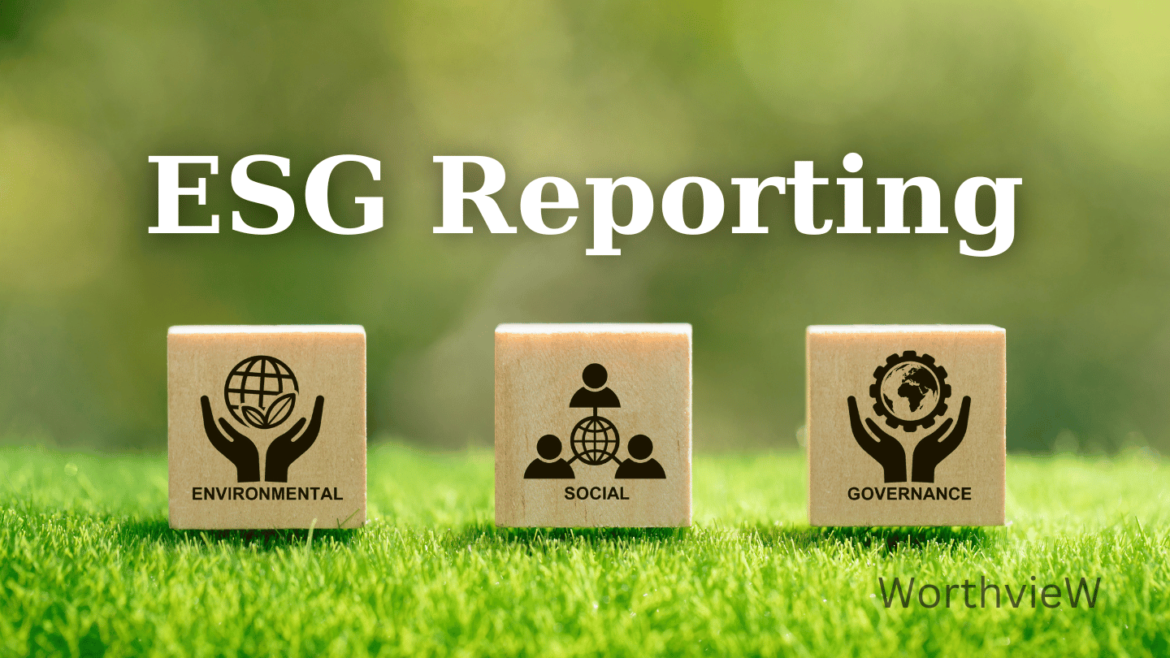Environmental, Social, and Governance (ESG) reporting is quickly becoming a legal requirement for many businesses in Europe, with the United States not far behind. The ESG movement is the current evolution of what used to be called “Corporate Social Responsibility.” It’s not only more involved – it’s mandatory for businesses that want to remain in good social standing with stakeholders and the public.
In January 2023, the EU launched the Corporate Sustainability Reporting Directive (CSRD), which requires many businesses to file yearly sustainability reports with their financial statements. The regulation even applies to some non-EU businesses that meet certain requirements.
Businesses that don’t comply can be fined heavily.
Why even non-mandatory ESG compliance is a smart move
While this directive doesn’t apply to many small businesses yet, it’s still a good idea for all businesses to start to become familiar with ESG reporting because it’s only a matter of time before it becomes a legal requirement across the board. It’s also how investors determine whether or not they wish to invest capital in an organization. Many of today’s investors are environmentally conscious and want to make sure their investments align with their values.
ESG reporting benefits are vast. Here are some of the best reasons to start looking into ESG reporting requirements now, even if you’re not currently covered under the laws.
· ESG reporting requirements are complex. It may not be required now, but in a few years, you might be scrambling to get familiar with a new regulation that requires you to become compliant in a limited amount of time. If you have to scramble at the last minute, you’re going to make mistakes that can cost you more time and possibly even money in the way of fines. When you start now, you’ll have a better idea of what’s going to be expected of you when it’s a legal requirement.
· Easier transition into new regulations. If you’re already following current requirements for reporting, you’ll have an easier time transitioning into new and changing regulations. If you wait until you’re legally required to comply, you might end up with outdated information about what’s expected of your company, and you won’t even know there are new, updated laws.
· Investors want to support conscious companies. Today’s investors aren’t just interested in making money – they want to know who they are supporting, and will choose where to invest their money based on a variety of factors they deem important. One factor at the top of the list is related to a company’s impact on the environment. There are many risks that come with investing in companies that may not be compliant, or that may struggle with compliance down the road. When investors can access ESG data, they can better determine who meets their expectations for environmental responsibility.
When a company doesn’t provide this type of data, even innocently, it can make investors question the company’s activities and impact. Investors aren’t going to wait around when they find something sketchy – they’re going to keep looking for a better-matched opportunity.
· Better preparation for certain risks. When you get on board with ESG reporting, you’ll be using systems and strategies that will help you better manage key risks related to social and environmental disruption.
· Better employee retention. Like investors, employees want to support companies that care about their impact on the environment. When your company is compliant with environmental regulations and transparent about it, more employees will feel a sense of purpose and meaning, which is the key to retaining them long-term.
These are just some of the benefits you’ll get from adopting ESG reporting requirements, whether or not it’s legally required.
Always consult with a legal professional
Whether or not you get compliant with ESG reporting before it’s required, make sure to consult with an attorney or a compliance expert in your industry. It’s hard to stay on top of industry regulations and changes without having an inside source to provide accurate information.
It’s also wise to wait for legal advice before making decisions that will alter the foundational structure of how you do business, collect and process data, and perform your audits.
If you’re new to ESG reporting and you’re not legally required to comply yet, invest in your future by getting a consultation with an expert, at least to get a heads-up about what you may be required to do in the coming years.
Related Posts












